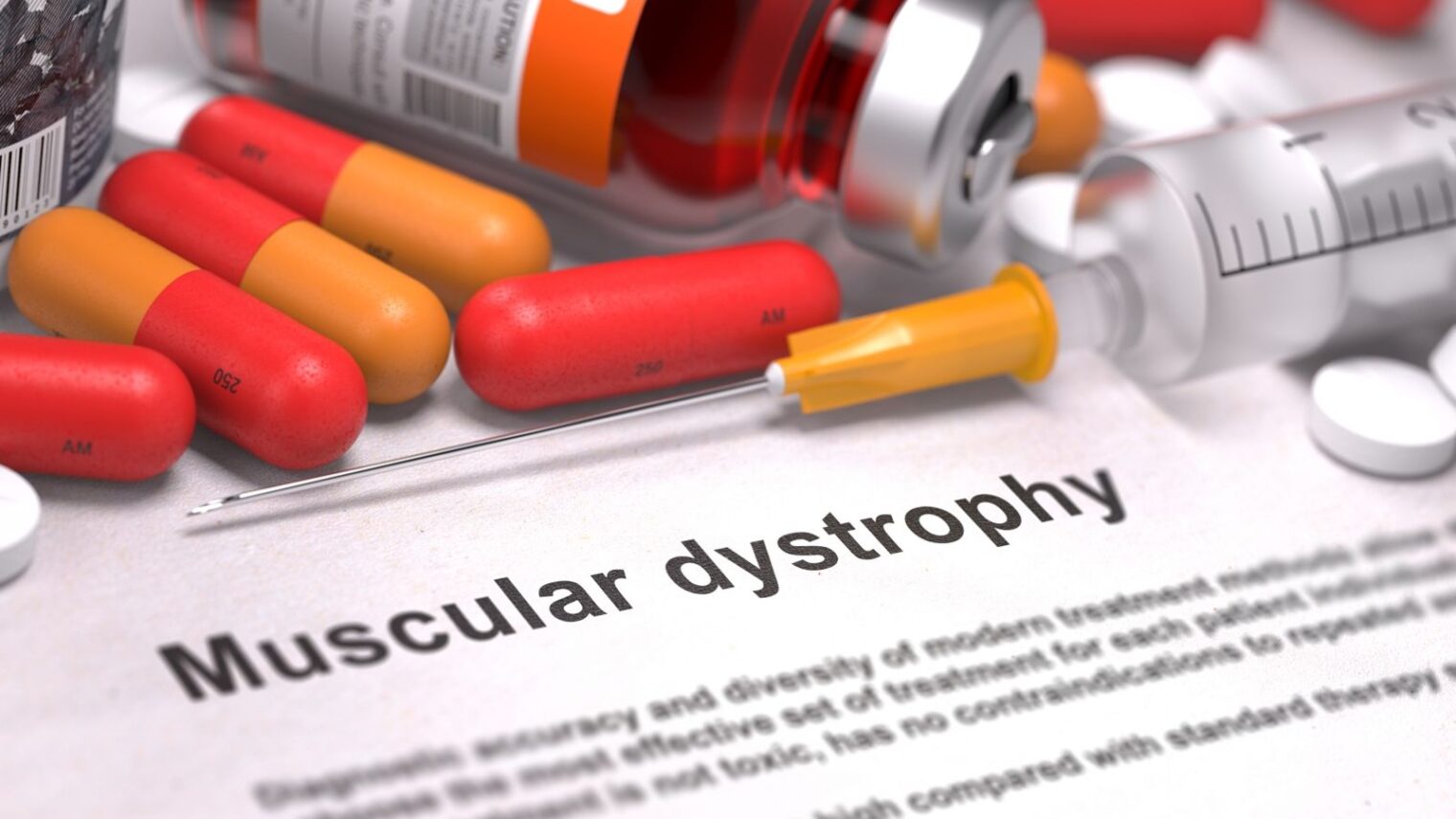Treatments for extremely rare medical conditions are few and far between. The number of cases of “orphan diseases” doesn’t justify the amount of cash needed to get a pharmaceutical developed, tested and approved.
This is exactly the niche that Tel Aviv-based BioBlast Pharma was created to fill in 2012. Now its three experimental platforms are moving closer to market.
Cabaletta, BioBlast’s lead product for treating two rare and currently untreatable conditions — oculopharyngeal muscular dystrophy (OPMD) and spinocerebellar ataxia type 3 (SCA3) — received Fast Track approval in June from the US Food and Drug Administration (FDA) to expedite the drug’s development, review and potential approval specifically for treating OPMD.
Cabaletta is a protein stabilizer that binds to proteins to prevent harmful aggregation. It is undergoing phase 2 trials in Israel and Canada for treating OPMD, and in Israel for treating SCA3. By year’s end, phase 3 trials are anticipated to start for OPMD in North America and for SCA3 in the US and Europe.
“We believe that the Fast Track designation represents an important recognition by the FDA of Cabaletta’s potential to address a significant unmet need,” says BioBlast President and CEO Colin Foster.
Foster tells ISRAEL21c that one of the reasons BioBlast’s founders focused on OPMD is that this inherited progressive disease tends to cluster within certain geographic and ethnic groups, including Bukharan and Ashkenazi Jews in Israel, French-Canadians in Quebec and Hispanic-Americans in the Southwest. People with OPMD have difficulty swallowing and gradually lose muscle strength all over their bodies.
Foster, formerly president and CEO of Bayer Pharmaceuticals Corporation USA, joined BioBlast last February, shortly after it went public on NASDAQ. “I thought BioBlast had great science behind it, and could offer patients who have nowhere else to go a therapy that could change the course of the disease,” he says. “If you have good data, orphan drugs can punch above their weight.”
Hope for spinal muscular atrophy
BioBlast’s second pipeline product is a “read-through” platform for spinal muscular atrophy, another debilitating and currently untreatable condition. The platform repurposes an existing family of drugs called macrolides and delivers them in a new way that showed good results in mouse models of spinal muscular atrophy.
“Read-through” refers to the platform’s use of macrolides to facilitate the production of a fully functioning version of a protein that fails to develop completely due to a genetic mutation ordering a “stop code.”
“I thought BioBlast had great science behind it, and could offer patients who have nowhere else to go a therapy that could change the course of the disease.”
In effect, the platform allows the gene to bypass the stop code and read through the entire set of instructions for making this protein essential to the central nervous system.
“The ‘stop codon’ mutation is the cause of about 2,000 different diseases,” says Foster, adding that the injectable read-through drug candidate is now in preclinical development, going to phase 2 trials within about six months.
He noted that spinal muscular atrophy affects approximately 30,000 children in the United States and an equal number in Europe. “Unfortunately, many of these kids end up on ventilators,” he relates.
BioBlast presented proof-of-concept data on the read-through platform at the 19th International SMA Researcher Meeting in Missouri this past June.
Two more orphan diseases targeted
Also in June, BioBlast presented proof-of-concept for its third pipeline product, at the United Mitochondrial Disease Foundation’s annual meeting in Virginia.
The mitochondrial protein replacement platform (mPRT) is something Foster calls “a novel frontier” and is currently in the preclinical phase.
Mitochondria are energy-generating organelles present in every cell of the body except red blood cells. “Something like 900 proteins function around the mitochondria and as many as 150 diseases result from mutations in these proteins,” says Foster.
“If we can make the protein outside the body and find a way to inject it into the mitochondria, we’re attacking the root cause of the diseases.”
For now, BioBlast is focusing its efforts on treating two rare genetic mitochondrial diseases with mPRT: Friedreich’s ataxia, which causes progressive nervous-system damage; and ornithine transcarbamylase (OTC) deficiency, which causes harmful ammonia to accumulate in the bloodstream.
“The BioBlast platforms are based on deep understanding of the disease-causing biological processes, and potentially offer solutions for several diseases that share the same biological pathology,” Foster concludes.
Cofounded by Dr. Dalia Megiddo and Udi Gilboa, BioBlast employs 13 people in Tel Aviv and is establishing a US headquarters in Connecticut.
For more information, click here.














